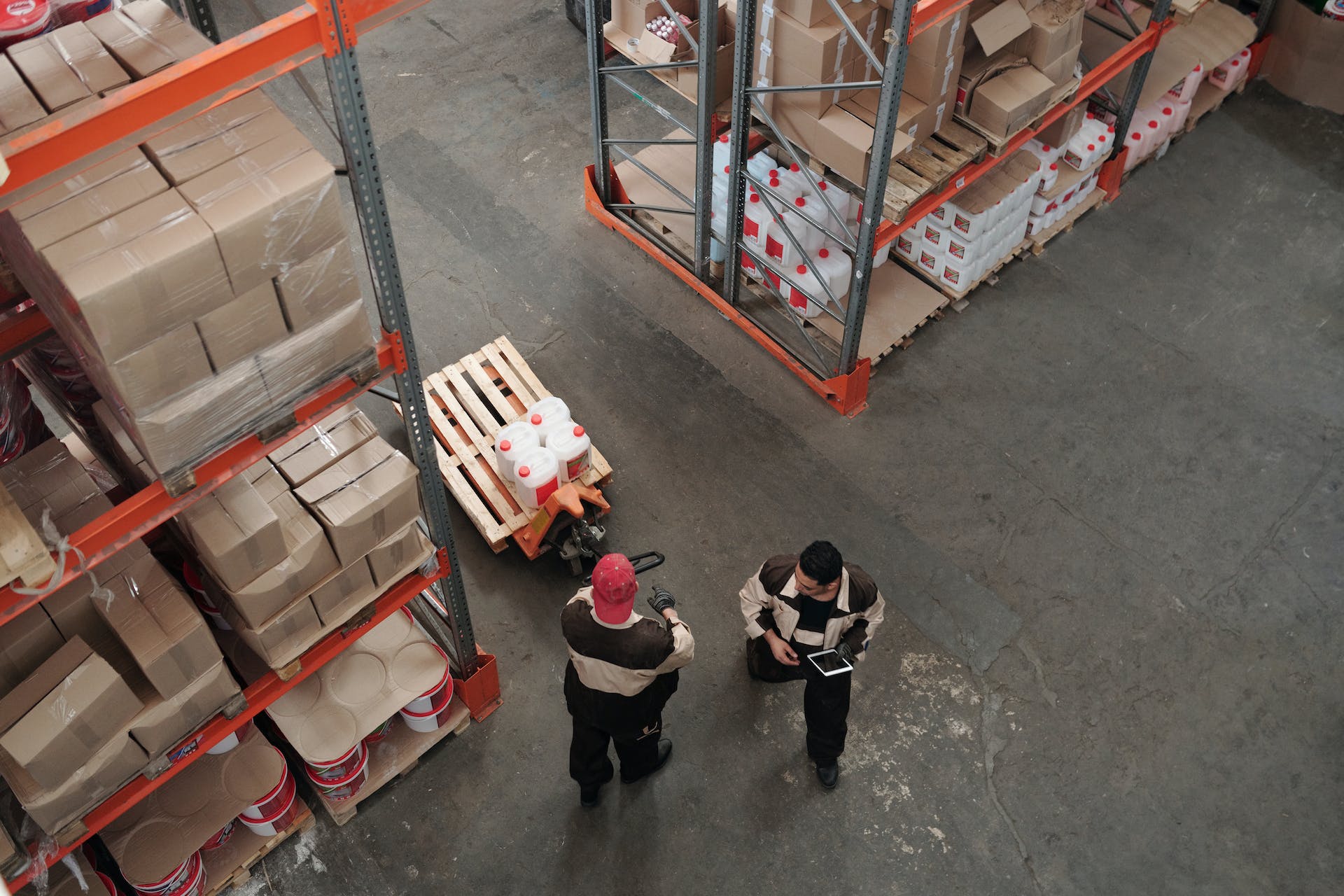Climate Change Agreements (CCAs) have been around for over 20 years in the UK; giving energy intensive firms a chance to pay less for green levies in return for meeting energy efficiency targets.
The current CCA scheme is closed to new entrants, but in November 2023 the government published proposals for a new, reformed scheme, beginning in 2025. Our quick guide breaks down everything you need to know about CCAs and the upcoming new scheme.
What are Climate Change Agreements?
CCAs are a voluntary agreements made between energy intensive industry and the Environment Agency to reduce energy use and carbon emissions. In return for meeting set targets, operators receive a discount on the Climate Change Levy (CCL), a tax added to electricity and fuel bills.
Who benefits from Climate Change Agreements?
CCAs are available for a wide range of industry sectors from major energy-intensive processes such as chemicals and paper to supermarkets and agricultural businesses such as intensive pig and poultry farming. You can check if the processes you run are eligible for inclusion in a CCA by reading Appendix A of the CCAs operations manual.
How do CCAs work?
An operator that has a CCA must measure and report its energy use and carbon emissions against agreed targets over 2-year target periods.
There are two kinds of CCA: umbrella agreements and underlying agreements. Umbrella agreements apply to a whole sector and is managed by your sector body – for example, the Metal Packaging Manufacturers’ Association. Underlying agreements are held by an operator for a specific site, or group of sites. The targets for these are calculated based on the metrics in the umbrella agreement for the sector.
Have your say on the new 6-year CCA scheme
The window to apply for CCAs is currently closed. The current CCA scheme targets end on 31 December 2024, with reduced CCL rates available until 31 March 2027.
In the Autumn Statement 2023, the government announced plans for a new, six-year CCA Scheme, beginning in early 2025. It will have targets to the end of 2030 and provide reduced rates on the CCL until March 2033. A consultation on the design of the scheme is open until 14 February 2024.
New entrants & new sectors
Under the proposals, new entrants will be able to apply to enter the new CCA scheme at any time. There will also be an opportunity for new sectors to join the scheme, if they can provide strong evidence to support their admission.
Existing facilities will need to be re-assessed
Existing participating facilities will not automatically be transferred to the new scheme – they will need to be assessed to ensure they meet the existing eligibility criteria.
Key dates
These are subject to the outcome of the consultation.
Target Periods
- Target Period 1 (indicative): 1 January 2025 to 31 December 2026
- Target Period 2: 1 January 2027 to 31 December 2028
- Target Period 3: 1 January 2029 to 31 December 2030
Period dates
- Certification Period 1: 1 July 2027 to 30 June 2029
- Certification Period 2: 1 July 2029 to 30 June 2031
- Certification Period 3: 1 July 2031 to 31 March 2033
Other changes to the scheme
The new scheme may also require data gathering at a facility level – to inform government target setting. This would be conducted prior to proposing new targets to each sector.
The government also believes that there are benefits to including UK ETS energy in CCA target energy reporting. Participants should report on the energy that is covered by UK ETS alongside CCA reporting, but the CCA targets on which any buy-out is payable should continue to be based on energy that is not covered by the ETS.
There may also be requirements for extended reporting. The government would like participants to provide further evidence of energy efficiency and decarbonisation potential within the next 6 years, on a rolling basis, as part of their annual reporting.
We will bring you more info on the new CCA scheme, once the consultation outcome has been published in 2024.
In the meantime, if you would like advice on compliance with the existing CCA scheme, or to know more on the new scheme, get in touch with the CCA specialists at Sustainable Energy First.













